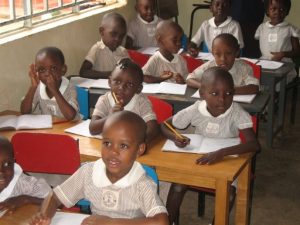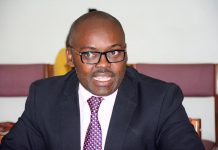
The government of Uganda, through the Ministry of Education has agreed to to introduce sex education to pupils as young as three years.
The proposed sexuality education framework has been grouped into five categories to suit the age differences in schools.
Mr Aggrey Kibenge, the Education Ministry undersecretary, said they have been developed to promote various skills and values, which a child is expected to learn and use while in and after school.
“There are a number of things that we don’t pay adequate attention to but which to many people help differentiate between one who is educated and another who is not,” said Kibenge
These levels include early childhood level consisting of three to five years of age. Here the Ministry expects a child to know their body my parts, why boys and girls have unique ‘private parts’ .
This is to gloom children with awareness, refusal and communicative skills to be responsible citizens.
Age of four to nine years will be taught about why some body parts are private, what is pregnancy and it’s dangers, what is HIV/AIDS, how and why can one get sexually transmitted diseases. They will learn about types of love to be able to differentiate it from lust.
Ten to twelve years is the third level and these young adolescents should be able to define what’s ones purpose in life is, maintain personal hygiene, commit to sexual abstinence and how bad influence can destroy one’s self esteem.
The last two stages are O-level students (13-16years) and A-level students (17 and above).
Kibenge adds that this framework cuts across all religions and this aims at getting a complete human being from the school system.
The undersecretary notes, “children are exposed to different forms, frequencies and levels of physical, emotional and sexual violence in their homes and at school.”
Ismail Mulindwa, the commissioner in charge of private schools and the frame work coordinator, said the National Curriculum Development Centre will use it to develop the curricula appropriate for the different groups.




















